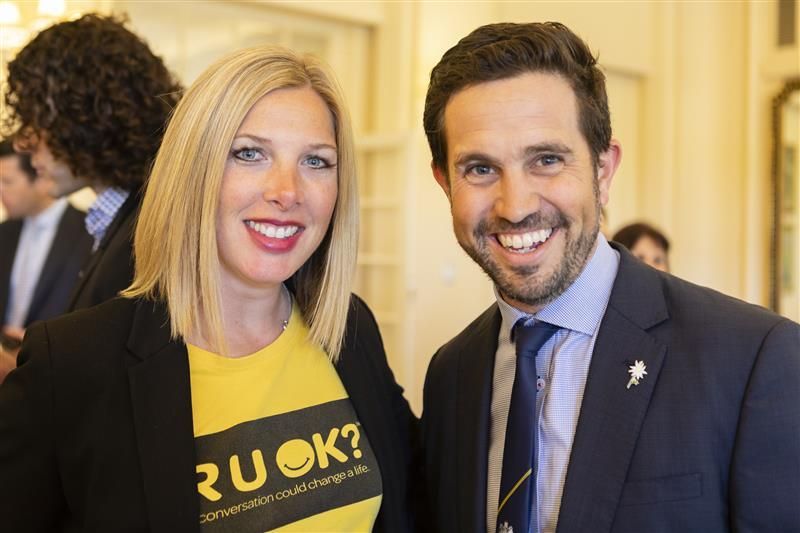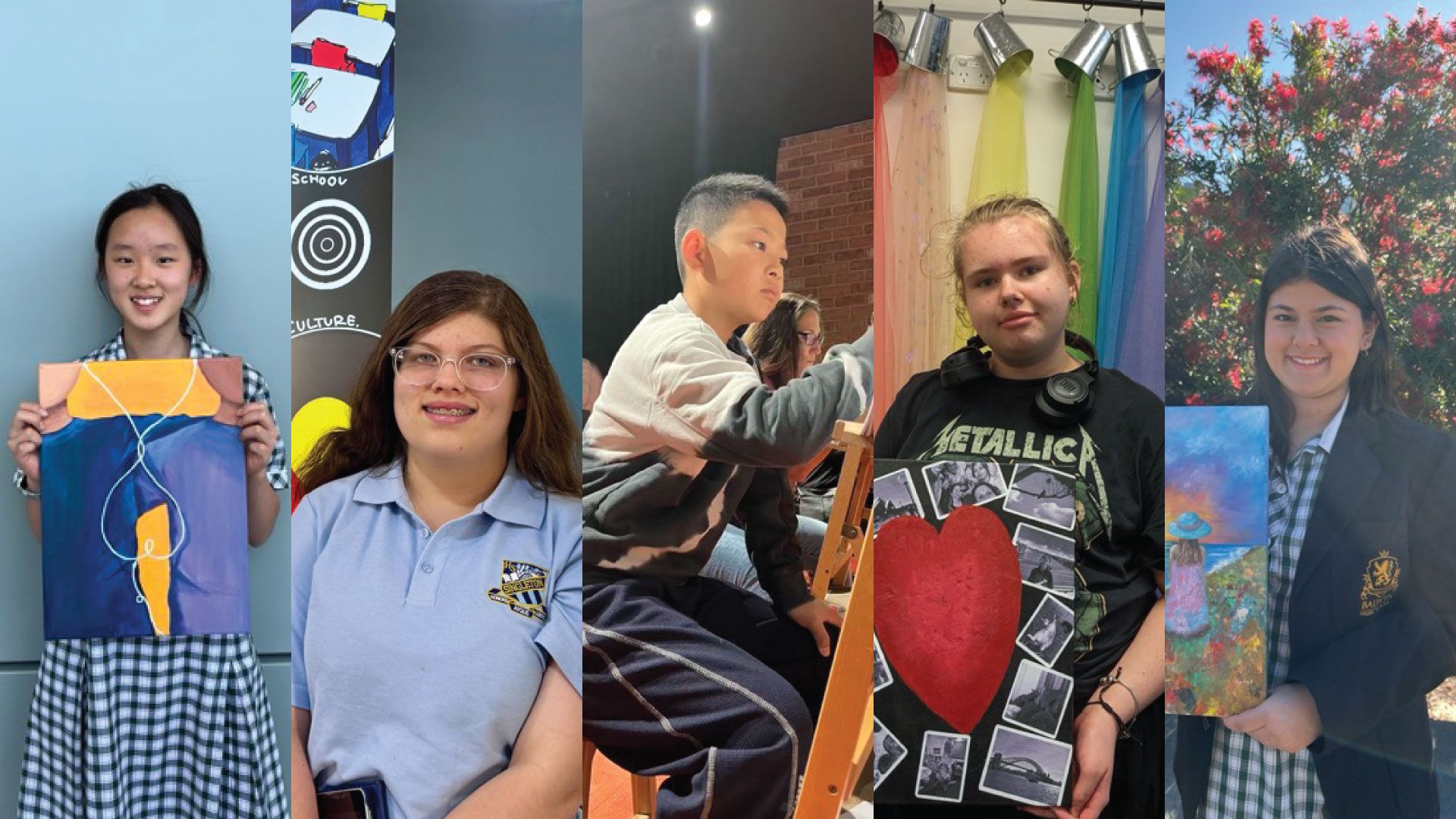Meaningful conversation is good for business
On average, Australian employees take 8.8 unscheduled days off per year (1). This costs employers approximately $578 per employee per absent day, with the annual cost of absenteeism to the Australian economy an estimated $44 billion per year (2).
Stress and depression are the largest contributors to lost productivity in Australia. Each year, a total of 3.2 days per worker are lost - due to workplace stress. (3)
And putting the dollar and cents aside, there is also a human cost. Behind these figures are people feeling undervalued, overwhelmed or just downright low.
The good news is early intervention and support can make a difference. Productivity losses are halved when employees with mental health conditions seek early intervention or treatment.
One of the keys to enabling this change is ensuring that business leaders, managers and peers discuss the benefits of getting help in a genuine, positive way. With international figures showing people would be unlikely to disclose a mental health condition to their employer for fear of repercussions, there’s a pressing need to eradicate stigma and discrimination, whilst ensuring we reach out and support our colleagues when it's needed.
What can you do to create a more supportive culture?
For employees:
- Notice the small signs that suggests a colleague is not doing so well
- If you sense something is not right, approach them and start a conversation
- Avoid trying to solve their problems. Instead, offer support and help them to identify potential next steps.
- Follow up and check in with them after the conversation.
- If you don’t know a colleague well you can encourage someone who has a closer relationship to check in with them.
For supervisors and managers:
- Encourage employees to speak to their manager if they’re having any issues. If an employee comes to you, treat them with sensitivity, respect and empathy.
- If you’re going to ask an employee “Are you ok?” pick your moment. Choose a private and informal location, and suitable time. Make sure you’ve blocked out enough time for the conversation.
- Listen without judgement and take what they say seriously.
- Encourage them to take action such as talking to family, a trusted friend, their doctor or Employee Assistance Provider (EAP).
- Have a record of the details of your local EAP contact and your Human Resources Department that you can pass on.
- Maintain their confidentiality and privacy.
- Remember to follow up in a few days and check how the person is going.
Marty Zeck makes the time to ask, "Are you OK?" whenever he's concerned a workmate's struggling:
For more tips and resources visit: www.ruok.org.au/work and www.headsup.org.au
Sources:
1 - Australian HR Institute (AHRI) HR Pulse survey on Absence Management Report, March 2016
2 - AIG Absenteeism & Presenteeism Survey Report 2015
3 - Medibank Private Report on
The Cost of Workplace Stress in Australia
,
2008






















